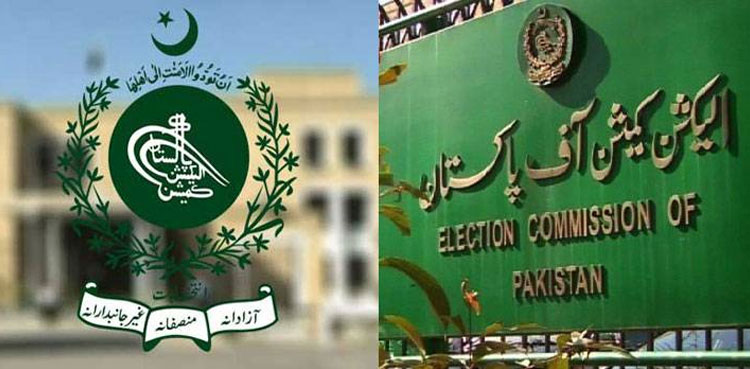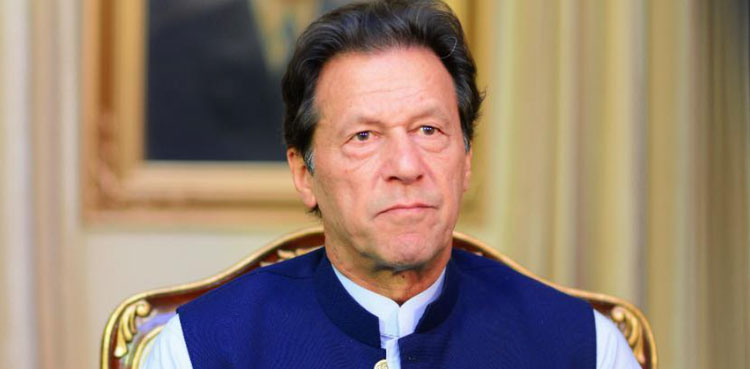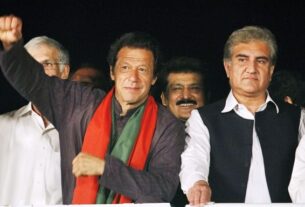1. ECP
To maintain the integrity of elections and political processes, the Election Commission of Pakistan (ECP) is essential. Enforcing a code of conduct for candidates and political parties that regulates their conduct before and during elections is one of its most important roles. With an emphasis on accountability, fairness, and transparency in the election process, the ECP has recently taken strong action against transgressions of this code.
By establishing an unfair playing field for all parties engaged, violations of the code of conduct have the potential to erode the democratic process. Therefore, the ‘s response to these violations demonstrates its dedication to respecting the law and preserving public confidence in the election process.
2. Conduct Code: Guaranteeing Equitable Elections
The goal of the code of conduct is to level the playing field for all political parties and candidates. This set of regulations attempts to stop unfair campaigning, which includes inciting violence or hate speech, disseminating misleading information, and utilizing public funds for political gain. In order to build voter trust, it also highlights how important it is for politicians and political parties to uphold moral principles.
The code of conduct serves as the foundation for free and fair elections and is more than just a set of rules. It guarantees that political operations are carried out in a transparent manner and that voters are given correct information so they may make wise choices.
3. The Reasons the ECP Responds to Violations
The main duty of the is to guarantee free, fair, and transparent elections. The integrity of the electoral process is directly threatened by violations of the code of conduct. For instance, disseminating false information, discriminating against people, or using government resources to influence voters can all interfere with the election process and provide some parties or candidates an unfair advantage.
Moreover, such infractions have the potential to undermine public trust in the electoral process, resulting in doubt and mistrust of the results. The hopes to restore public trust in the democratic process and guarantee that all parties follow the same set of rules by addressing these infractions. This procedure is essential to preserving elections’ legitimacy and
Also Read: Arif Alvi Responds to Imran Khan’s Election Date Criticism





